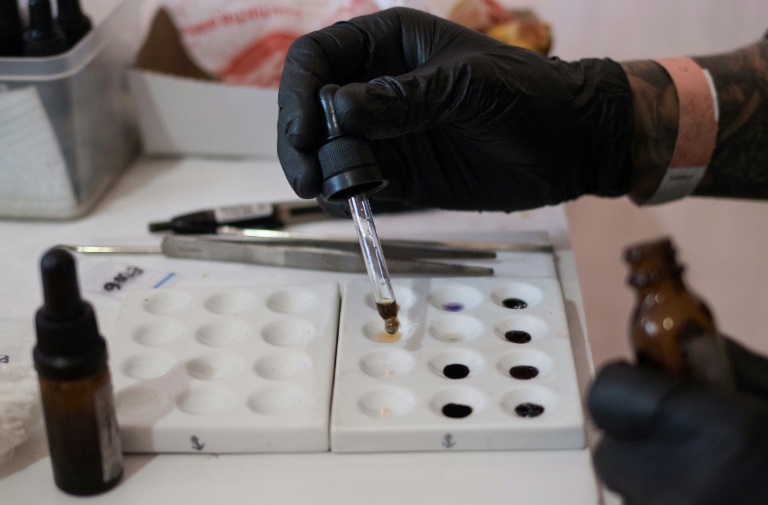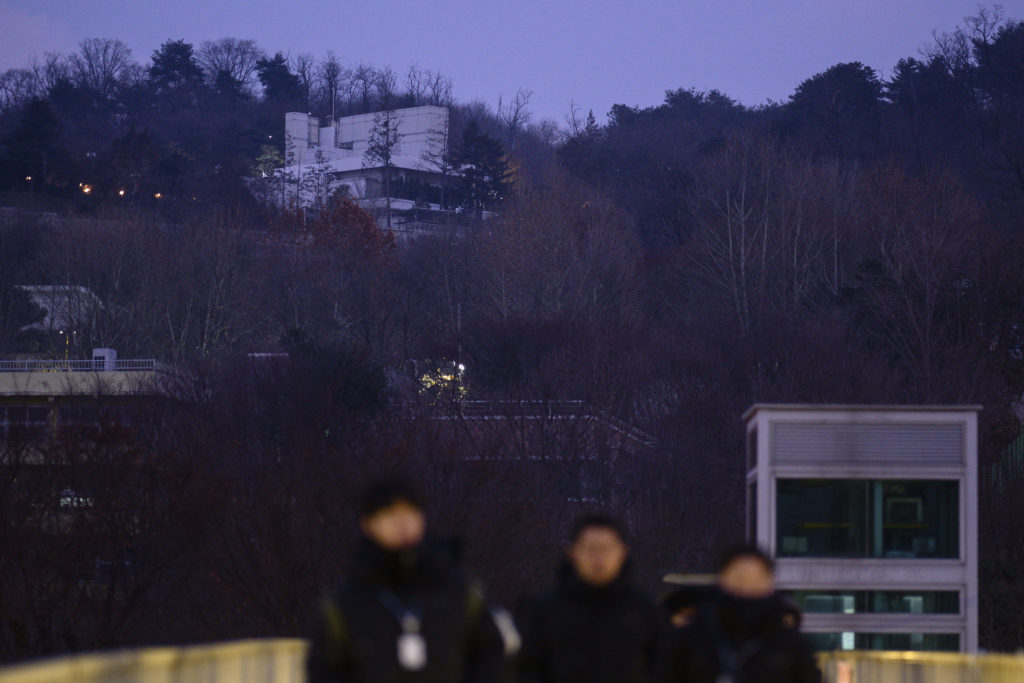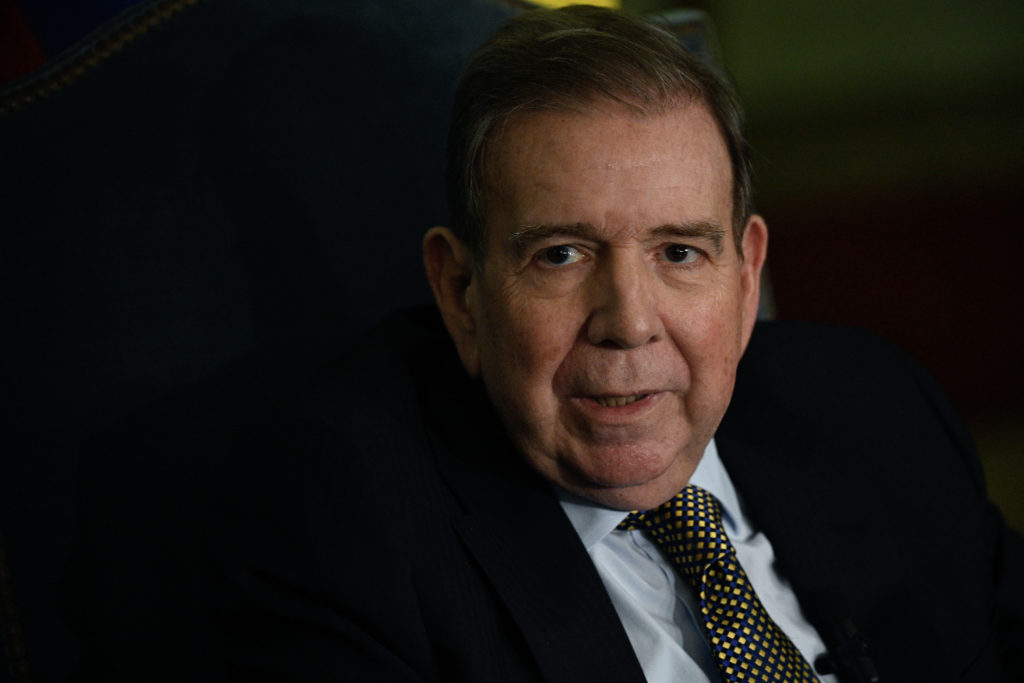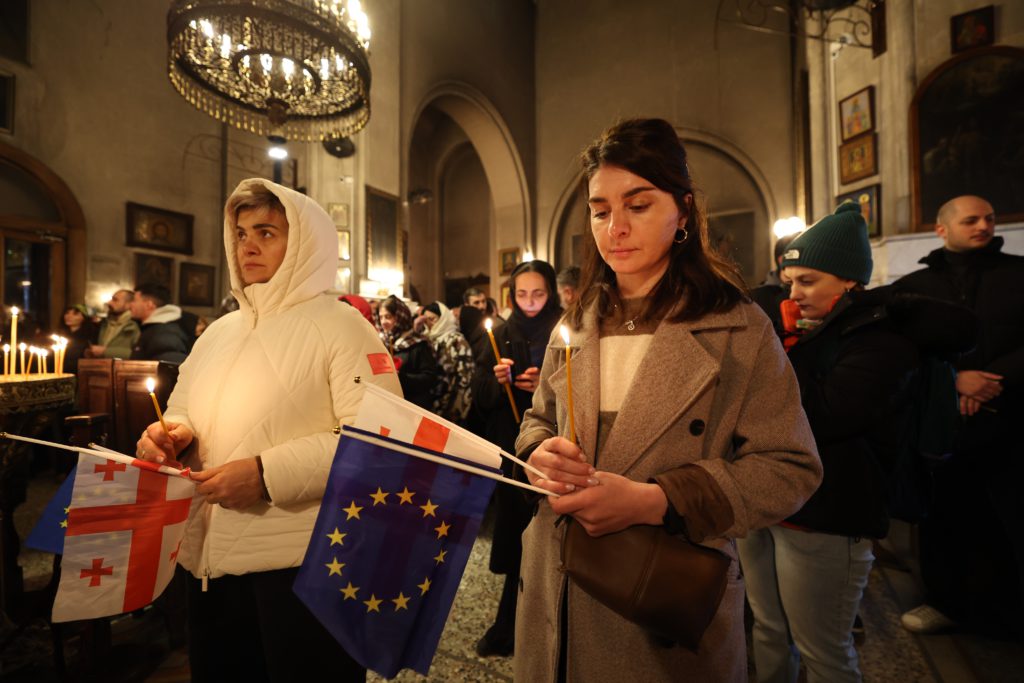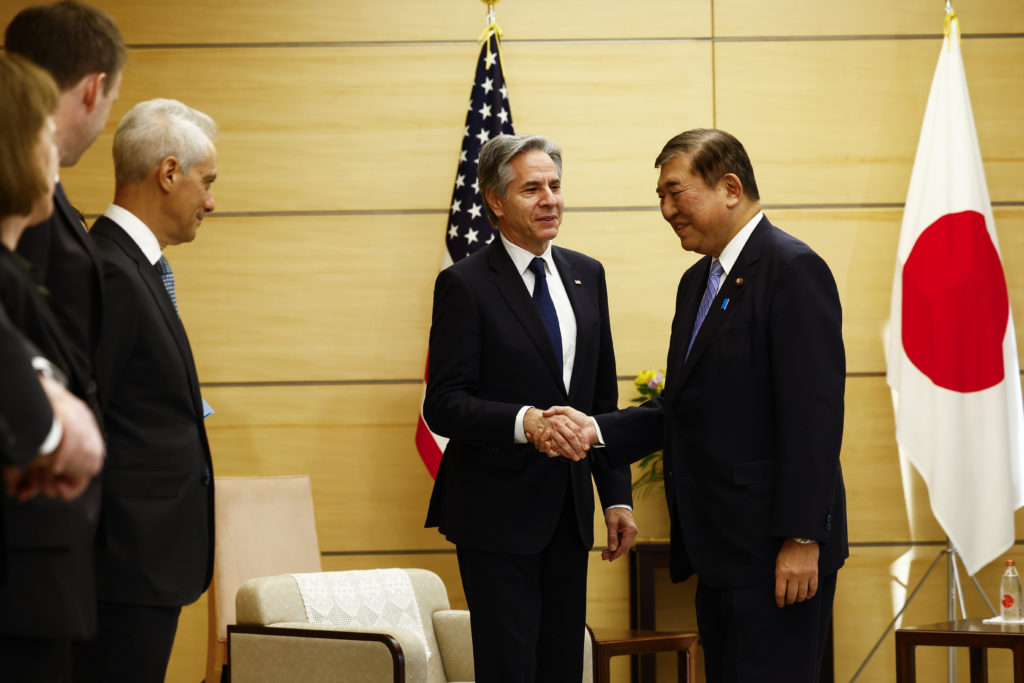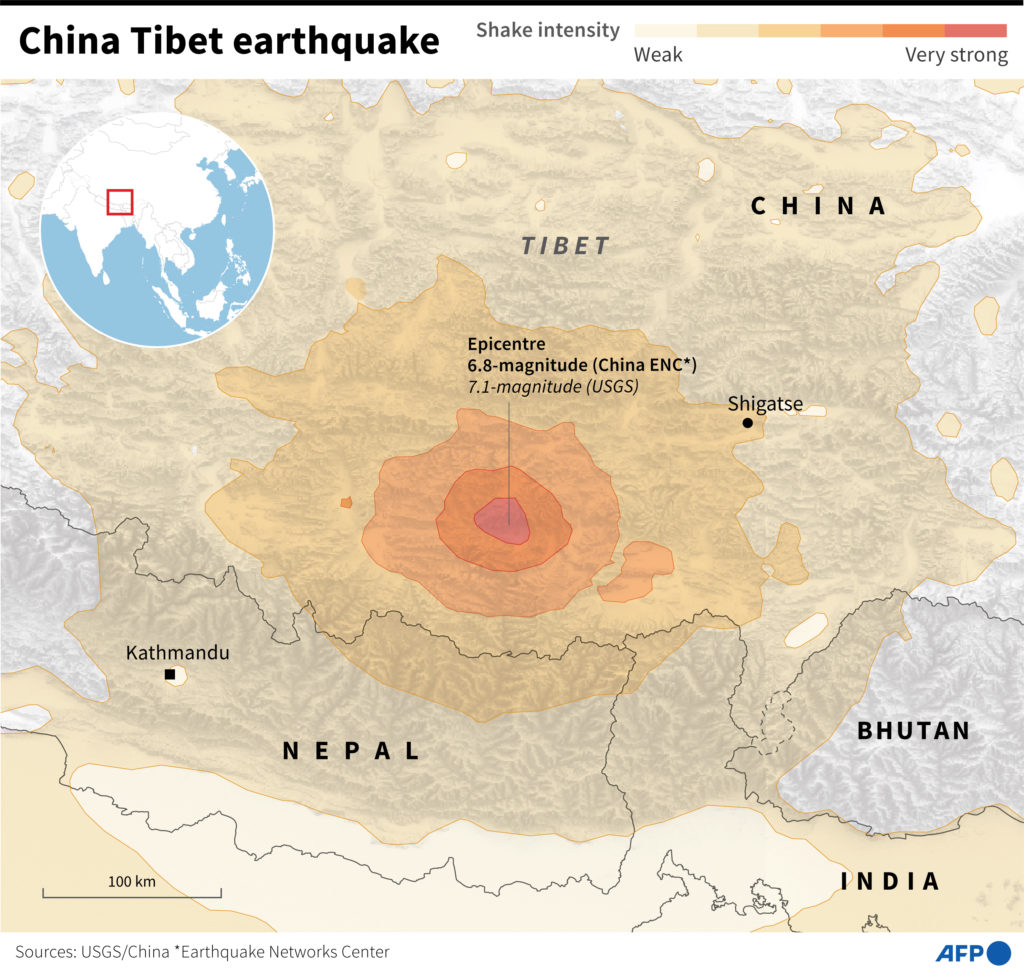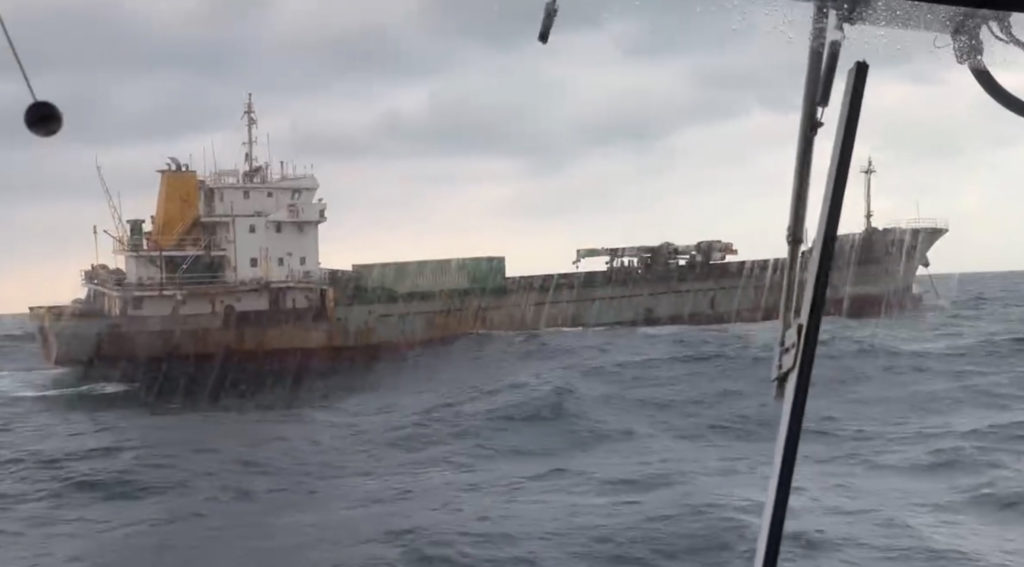Young people clutching samples of cocaine, ecstasy and LSD are lined up outside a nightclub in Bogota. But this is not a police raid.
The atmosphere is festive, with disco lights reflecting off faces sporting metallic paint and revelers bobbing to music while queueing at a table where experts conduct tests to determine whether the drugs are safe for consumption.
While technically illegal, authorities in the world’s largest cocaine producer and exporter decriminalized the carrying and consumption of small quantities of drugs for personal use in the 1990s.
And while they produce industrial volumes of cocaine and marijuana for exportation — mainly to the United States — drug gangs have targeted the domestic market in recent years with cheaper, lower-quality versions of the same.
As drugs became easier to obtain, the risks increased, with drug-makers frequently adulterating their wares with other substances to increase bulk and cut costs.
As casualties stacked up, an initiative was born seven years ago from the clamor of university students for drug testing at parties in the capital and other Colombian cities.
It is called Echele Cabeza, from a colloquialism for taking drugs, and carries out about 250 tests every month at clubs and festivals or at its headquarters in Bogota.
– Enjoy responsibly –
“I came today to test an LSD sample to … know what is going into my body and to be able to enjoy it responsibly,” Brian Ramirez, a 24-year-old student, told AFP as he made use of the service for the first time at a party in the capital.
Event organizers cover the cost of the tests, with additional financial backing from an NGO that helps drug users.
At Echele Cabeza’s headquarters, anyone can have a test done for under $4 apiece.
The government allows the tests, but does not contribute to the initiative.
“We are regulating drug use from the bottom up — from the point of view of pleasure, not crime and persecution,” said sociologist Julian Quintero, who helped found Echele Cabeza.
Self-declared recreational drug use rose from 3.5 percent of Colombians in 2013 to 9.7 percent in 2019, according to the latest available data from the DANE national statistics department.
Marijuana and cocaine are still the most popular, but synthetic drugs such as ecstasy are booming, most of it imported from Europe.
In Bogota alone, ecstasy seizures rose from 519 pills in 2015 to 54,431 in 2019, according to the Ministry of Justice.
– ‘Throw that drug away’ –
A purple and green flag representing two brain halves on a black background alerts partygoers to the presence of Echele Cabeza drug testers.
Filings of ecstasy tablets or small cuttings of LSD papers are dipped into reactive liquids that change color to indicate the presence of MDMA — the active ingredient in ecstasy — or of the hallucinogen known as LSD.
The volunteers also test cocaine to determine its purity.
With a “positive” result, they advise the consumer on the recommended dose and possible side effects of the drug they brought in.
A negative result, on the other hand, is indicative of possible adulteration and the advice is emphatic: “Throw that drug away”.
“I’ve always been curious to test and to be able to say that what I am consuming is legitimate,” said Ramirez, who claimed to have had manic episodes from taking adulterated ecstasy pills in the past.
This time the result is positive: the substance he bought on the black market is indeed what he wanted, LSD.
“Now one can decide whether to consume it or not,” he said.
Mateo Pineda, another client of Echele Cabeza, brought in a sample of an MDMA batch he said had kept him up for 72 hours, at times not “knowing who” he was.
“They confirmed my suspicions: it was methamphetamine, not MDMA,” he said.
Toxicologist Diana Pava of the Colombia National University warned that the tests can be unreliable.
Black market drugs “can contain other chemical substances such as medicines, cleaning products or even pesticides… which are not detected,” she told AFP.
Conservative President Ivan Duque has sought to roll back the growing local drug scene by giving powers to the police to seize even small doses on the street.
But the courts have ruled against him, maintaining a permissive approach to drugs for personal use.

